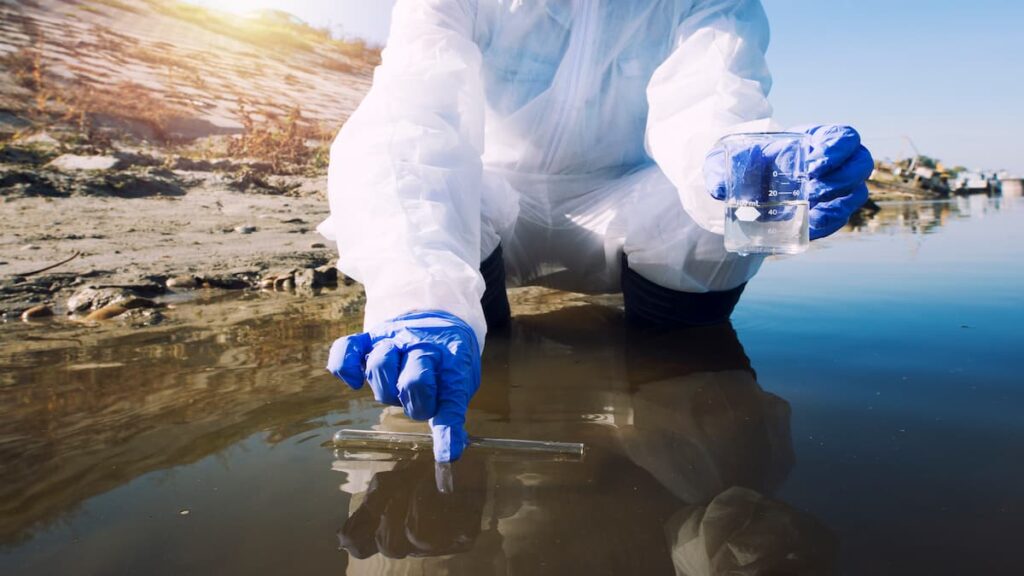Introduction to wastewater treatment chemicals
Clean water is very important for both health and ecosystems. But, wastewater from homes and businesses contains harmful substances. It is very important to clean this water before releasing it back into nature.
This is where waste water treatment chemicals come in. They help get rid of pollutants, which makes the water safe again.
The role of chemicals in wastewater treatment
Chemicals are instrumental in the degradation and elimination of contaminants from wastewater. These chemicals speed up the process of cleaning in systems like Sewage Treatment Plants (STP) and Effluent Treatment Plants (ETP). They help separate sediments, kill germs, and make dangerous compounds less harmful, making sure the water that has been treated is safe to drink.
Common types of chemicals used in wastewater treatment
A variety of chemicals are necessary in treatment facilities. Flocculants, coagulants, pH adjusters, and disinfectants combine small particles together into bigger clumps so they can be easily removed. pH adjusters make the water more or less acidic or basic. Disinfectants kill germs that make you sick. These water treatment chemicals work together to purify wastewater completely.
Why chemical treatment is essential for industrial and municipal plants
A lot of wastewater is produced in India as a result of the country’s fast industrialization and urbanization. Effective water management requires the use of effluent treatment chemicals and municipal wastewater treatment chemicals. These substances assist plants in adhering to discharge guidelines, safeguarding public health, and conserving water.
How ETP and STP chemicals enhance water quality
ETP chemicals get rid of lubricants, heavy metals, and other harmful substances in industrial settings. STP chemicals are important for treating household sewage in residential settings. Both varieties make water clearer and remove toxic substances, making it safer for the environment and easier to use again.
Wastewater treatment chemicals: A step toward cleaner rivers and oceans
Proper chemical treatment mitigates the entry of pollutants into oceans and rivers. This prevents infections from spreading through water and keeps creatures safe. Communities help make ecosystems healthier and water cycles last longer by employing wastewater treatment chemicals that are made just for their wastewater.
Challenges in wastewater treatment chemicals usage
Even though chemicals might be helpful, applying them too much can damage water bodies. Too many chemicals can make aquatic habitats poisonous or cause an imbalance. To avoid harmful effects and make sure treatment is both effective and safe, careful dose and monitoring are important.
Environmental concerns and the shift toward eco-friendly chemicals
People are moving toward greener solutions because they know how chemicals affect the environment. Natural coagulants and bio-based compounds are becoming more popular as eco-friendly options. These lower the threats to the environment while keeping the treatment effective.
The growing demand for wastewater treatment chemicals in India
As India’s cities and businesses grow, the requirement for wastewater treatment chemicals grows as well. We need better ways to deal with pollution that is getting worse. This increase is driving the demand for new and effective water treatment chemicals.
Choosing the right chemicals for effective wastewater treatment
Choosing the right chemicals is the most important part of treating wastewater. It makes sure that environmental requirements are met and that public health is protected. Buying high-quality wastewater treatment chemicals and getting expert advice helps make the water cleaner and safer for everyone in the future.

